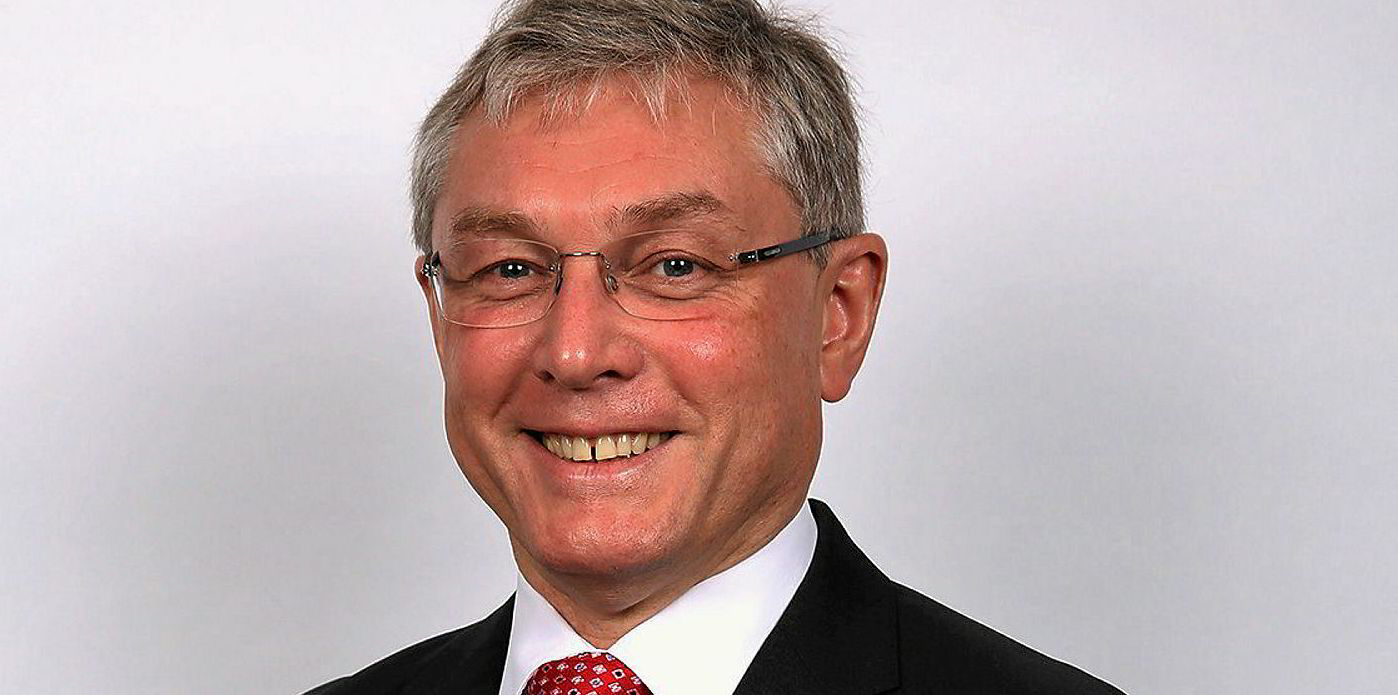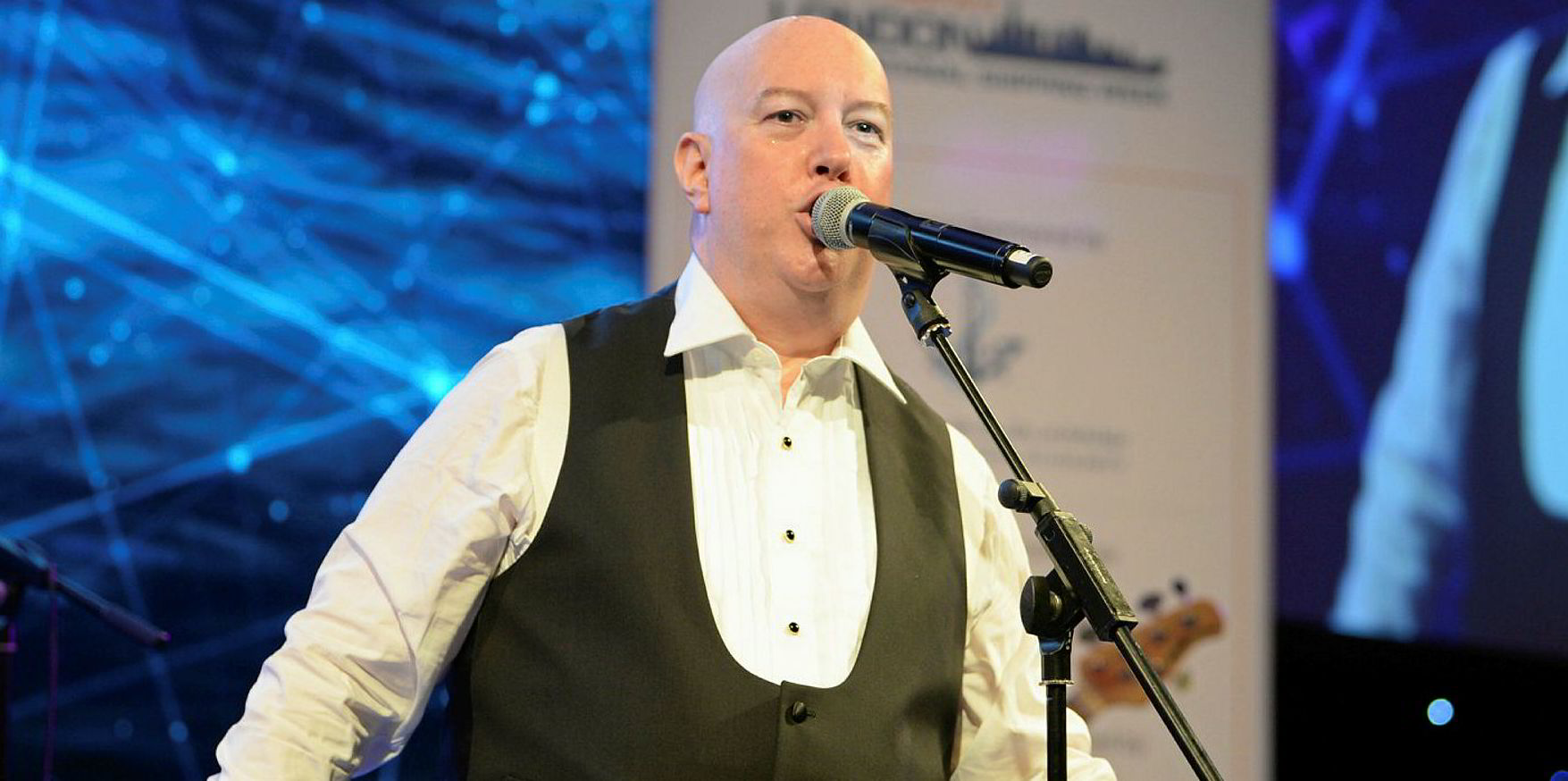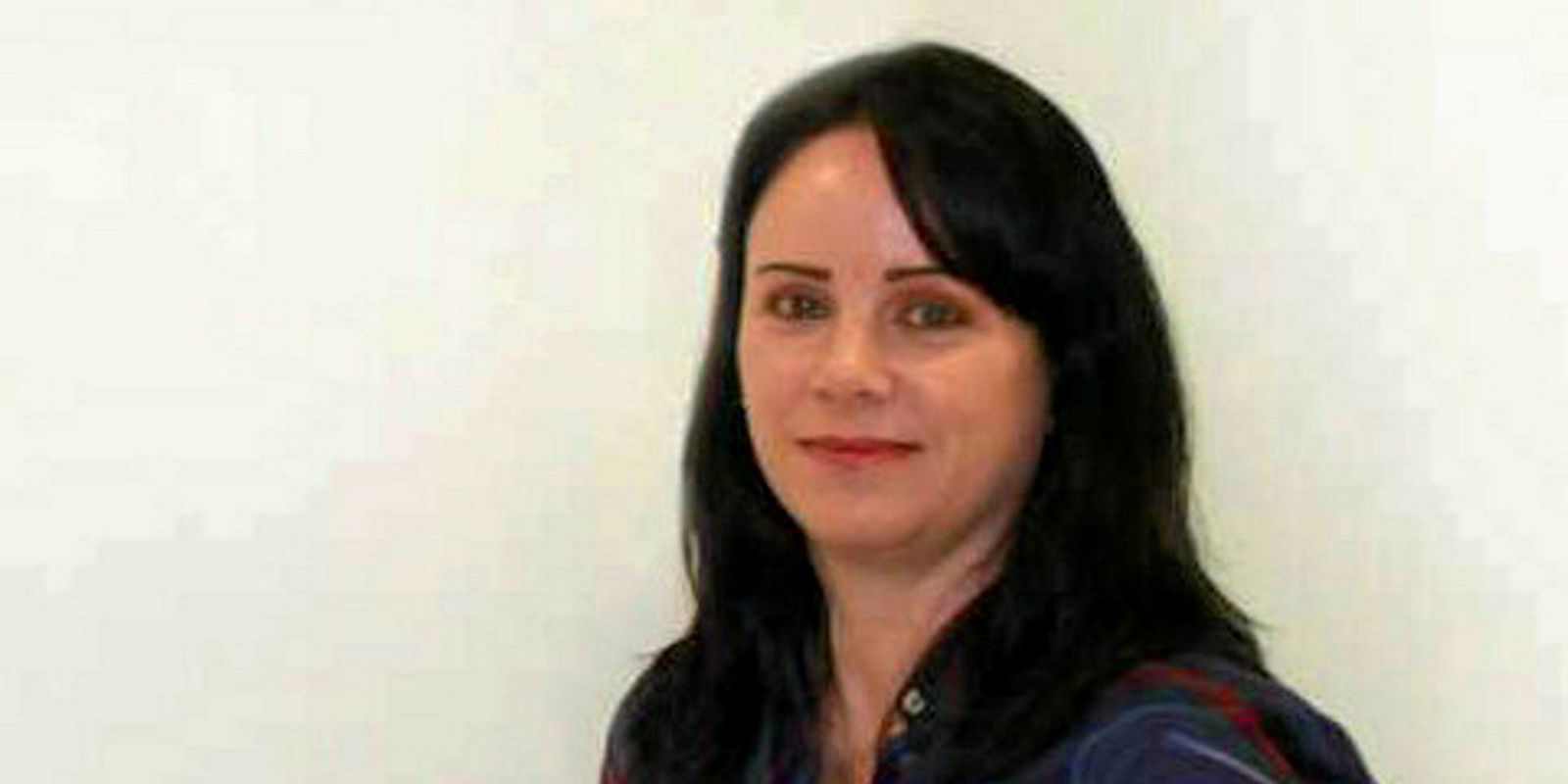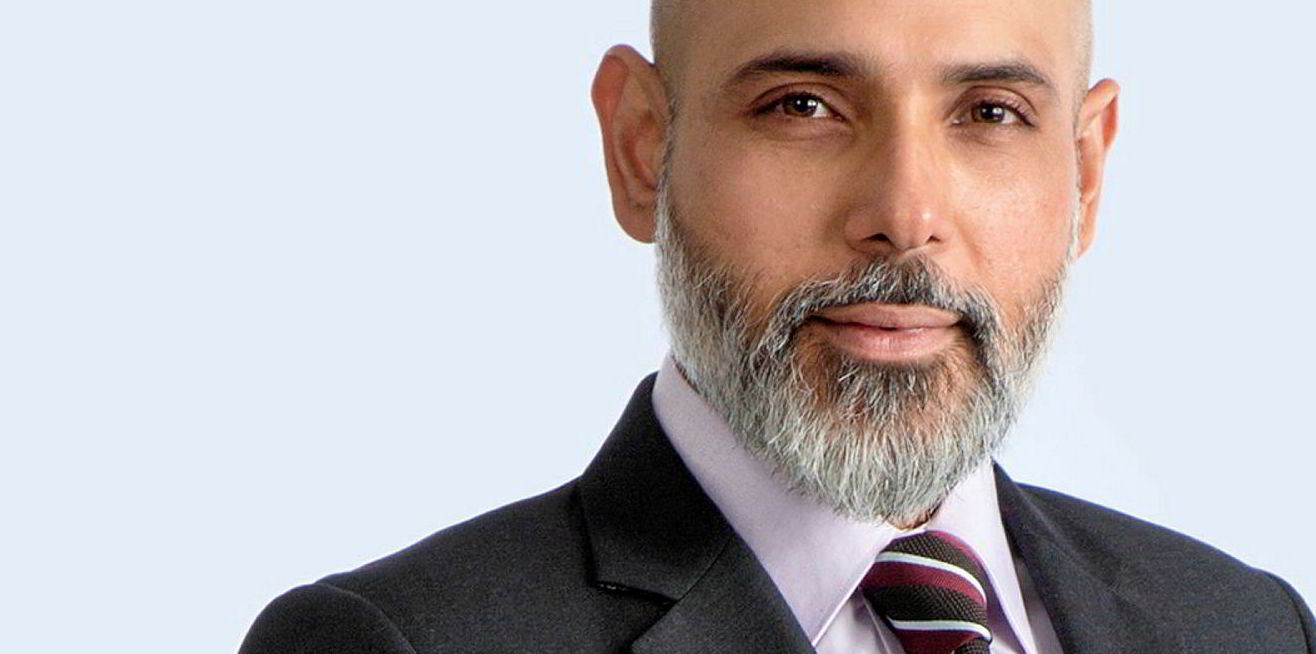When former master mariner Tony Goldsmith saw his father, a marine surveyor, work as an expert witness in the UK courts, it inspired him to pursue a career in shipping law once he came ashore.
After working at sea as a deck officer for more than a decade, he committed to another five years studying at the University of London's Queen Mary School of Law before joining Hill Dickinson in 1993.
- Formed by Edward Morrall in Liverpool in 1810
- Acted for White Star Line owners of the Titanic in 1912
- Acted for owners of the Costa Concordia in 2012
- Main offices in London, Manchester, Piraeus, Monaco, Singapore and Hong Kong
- Employs 850 people including 185 partners
- Main legal practices cover marine and trade, business services and health
He spearheaded the law firm’s expansion in Asia by opening an office in Singapore, where he has been located since 2009. Last week, some 27 years after he joined the law firm, it was confirmed he is taking over from David Wareing as head of marine business.
“I’m Hill Dicks through and through,” he told TradeWinds on the day his appointment was announced.
This description might not just reflect his loyalty to the law firm. In his own legal career, he has specialised in marine casualty work, which is also an area that historically Hill Dickinson has made its name. The 200-year-old law firm has been closely involved in some of shipping’s highest profile casualties, from the Titanic to the Costa Concordia.
The only problem for Hill Dickinson over the past decade is that casualty work is in decline and, in parallel, so are instructions from marine insurers, which are increasingly comfortable taking legal work in-house rather than instructing lawyers.
Strengthening commercial practice
One of Goldsmith’s predecessors, Julian Clark, who left last year to be replaced by Wareing, spent three years attempting to broaden the scope of Hill Dickinson and strengthen its more commercial lines. The idea was to break into new areas such as cyber security.
So it begs the question: is Goldsmith's appointment bringing Hill Dickinson back to its historic roots in casualty?
Goldsmith said that is not the case and it is his aim to still build a “diverse practice”. He said he played a part in bringing Clark in and naturally wants to continue along the same lines.
“I’m a friend of Julian and was part of the process to bring him in. We needed a leader at the time and he did a good job. Things weren’t as bad as people said before he arrived, but he brought in some good recruits and grew the team.”
“What I have experienced is that we now have a strong team. There are challenges in the market but what I have been pleased with is what a cohesive and strong team we are together.”
Although Goldsmith wants to continue expanding the law firm’s areas of marine expertise, he said the market should expect a more tempered and gradual change under his leadership.
“I don’t envisage revolutionary change but we are looking at growth and building a larger team. We got an awful lot of work from P&I clubs and that dynamic has changed considerably. Recruiting has been going on for the past two to three years as part of the plan to expand the client base and have less reliance on the insurer-led instructions,” he said.
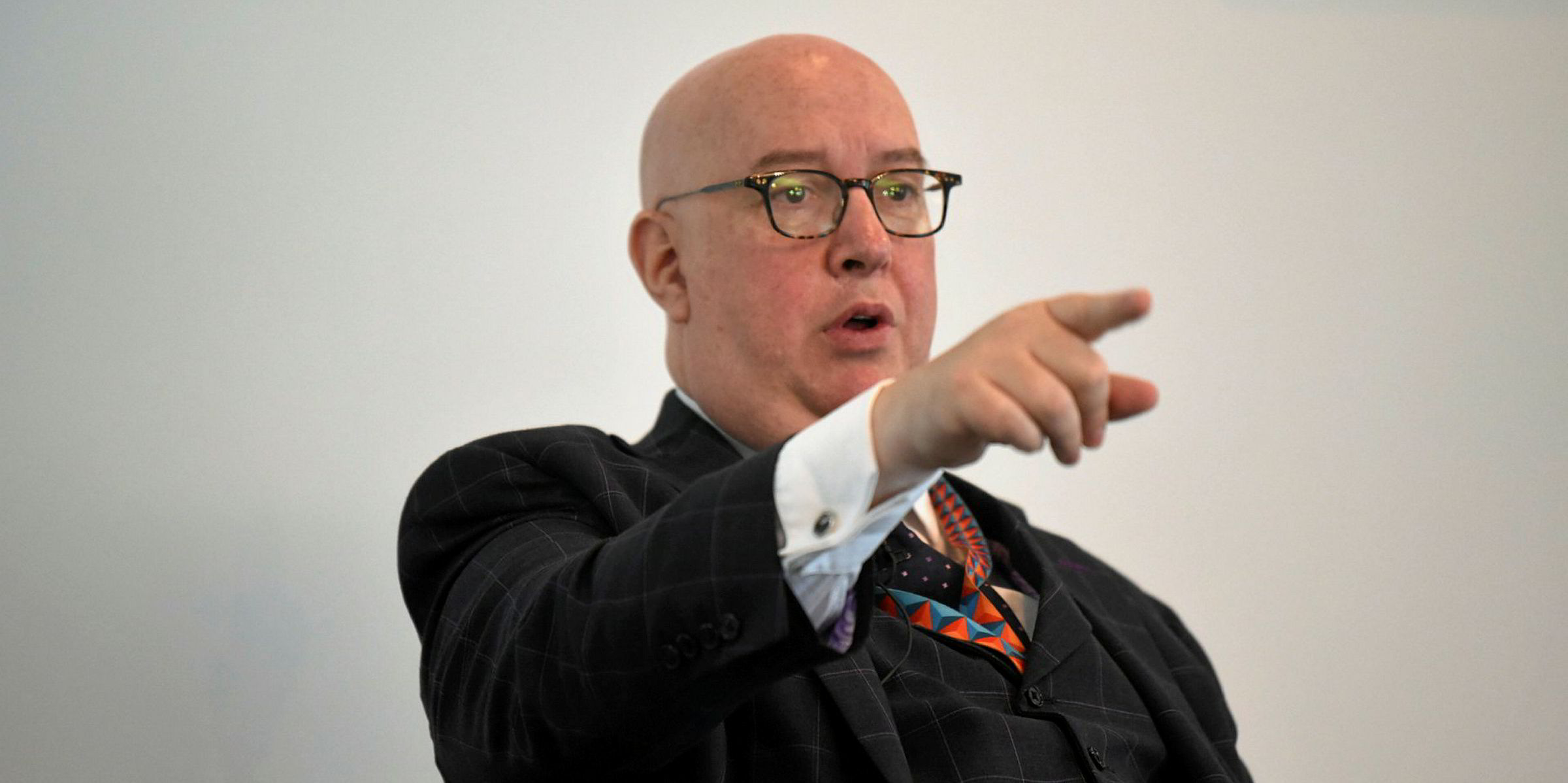
There are other immediate challenges for Goldsmith to take on, not least the impact of coronavirus. In the early stages of the pandemic, amid the uncertainly that it generated, there was a rush of legal enquiries, but that seems to have calmed down.
Slowdown in world trade a concern
The concern for London’s highly-competitive legal community is that a slowdown in world trade and the shipping markets could have a knock-on effect in reducing instructions.
“We are looking carefully at managing ourselves and are cautious over our approach,” he said. But he added that the much talked about downturn has “not yet materialised”, nearly five months into the pandemic.
The pandemic also raises some interesting questions over whether there will be a revolution in working practices among lawyers.
A timely IT upgrade just before the pandemic struck meant Hill Dickinson’s legal team made a smooth transition to home-based working during the lockdown. But Goldsmith believes the temporary change in working practice will have a long-lasting effect on how the law firm operates.
“It’s important to have a central base and to encourage mixing,” he said. “But we could see a huge change that affects day-to-day work in the office, we expect long term to go back to the office but I doubt it will be for five days a week."
